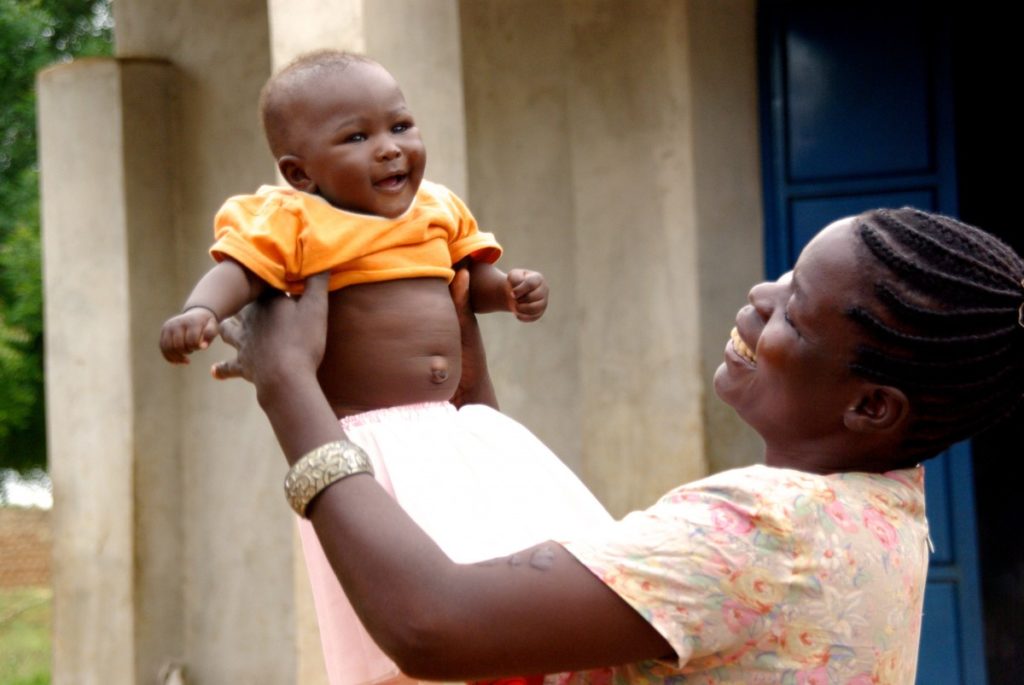Congenital Malformation Birth Defect Lawyers Representing the Black Community
About S. Lee Merritt
Civil Rights Lawyer
Lee Merritt, Esq. is emerging as a leading and influential new voice in the fight for Social Justice. A dedicated civil rights activist and trial attorney, Merritt runs a high profile national practice focusing on victims of police brutality, hate crimes and corporate discrimination. As an activist, he has championed police reform and community empowerment.
Do you need more information or want to help?
Our organization can help mothers and their families who have faced medical issues during pregnancy learn about the resources available to them, as well as learn about what action they may be able to take legally due to discriminatory health practices. Contact us below by email or phone and our team can learn more about your situation and give you free and friendly advice.
Email Address
Call Us
(800) 590-4116
Visit US
123 S. Broad St., Ste. 2250
Philadelphia, PA 19109
Copyright ©1998-2020 McEldrew Young Purtell Merritt. All rights reserved. All materials presented on this site are copyrighted and owned by McEldrew Young Purtell Merritt unless in the public domain or attributed to another source. Any republication, retransmission, reproduction, downloading, storing or distribution of all or part of any materials found on this site is expressly prohibited. Submission and/or contact does not constitute the formation of the attorney client privilege, which is not established until we fully evaluate and affirmatively accept representation in writing.


